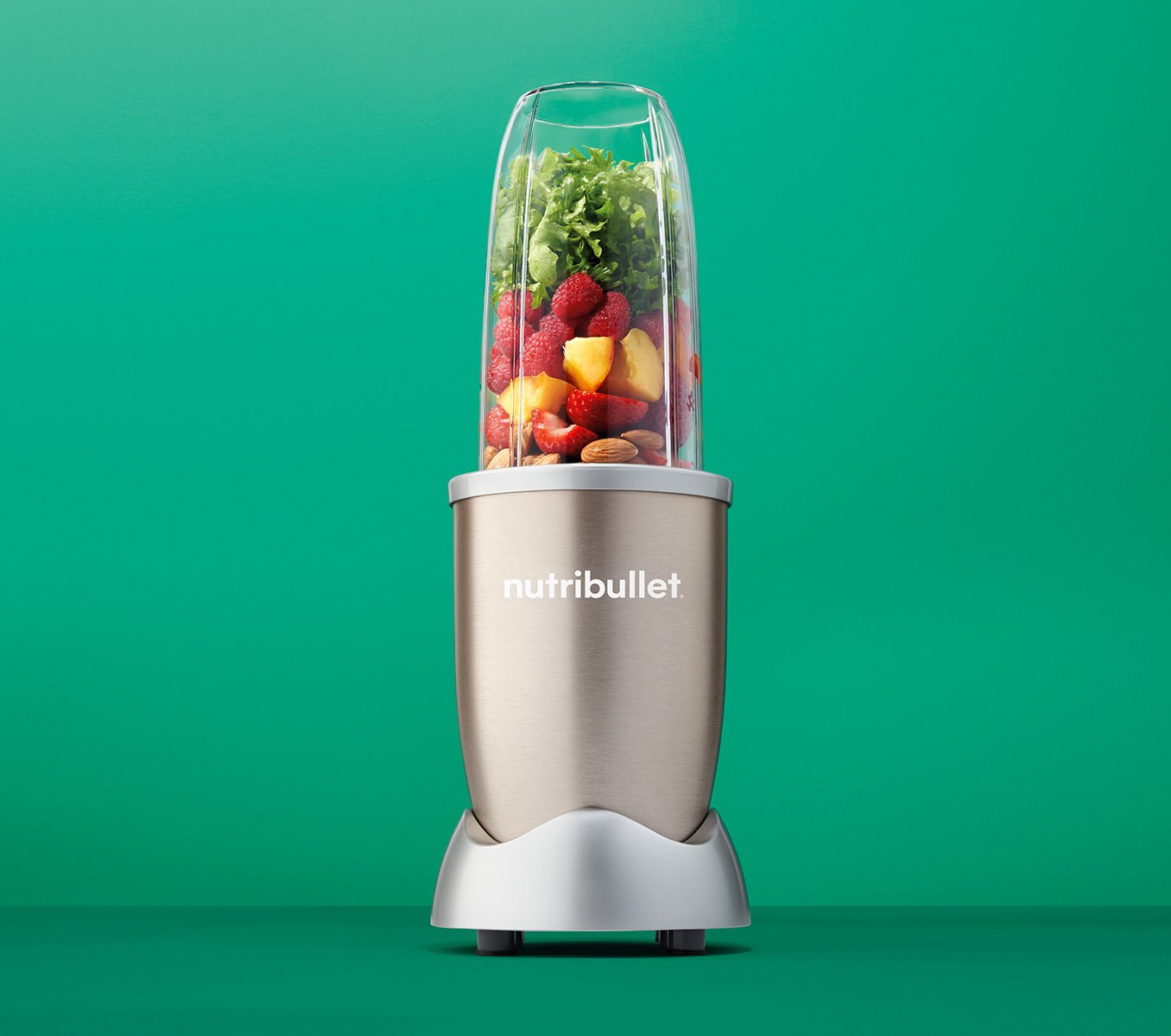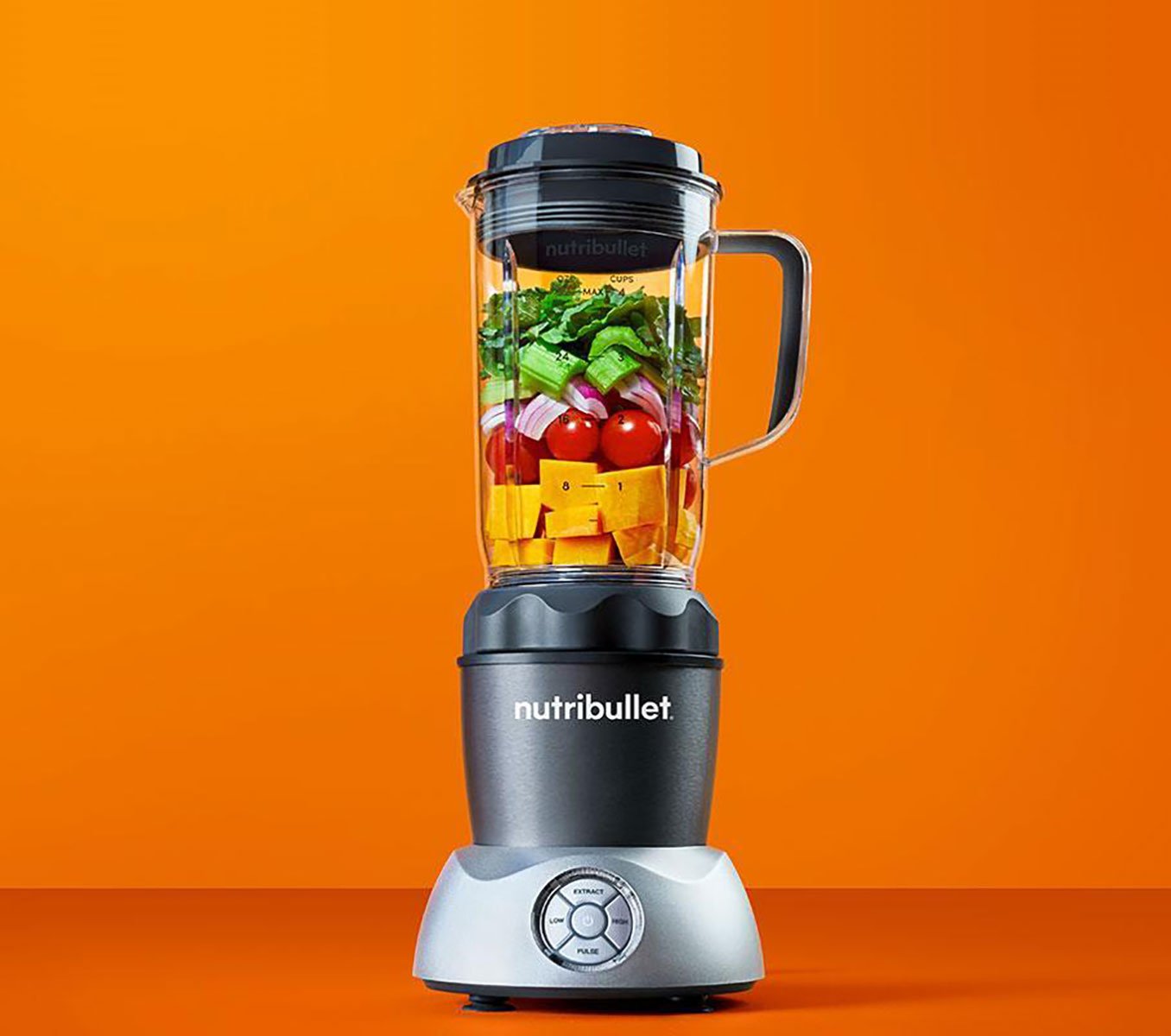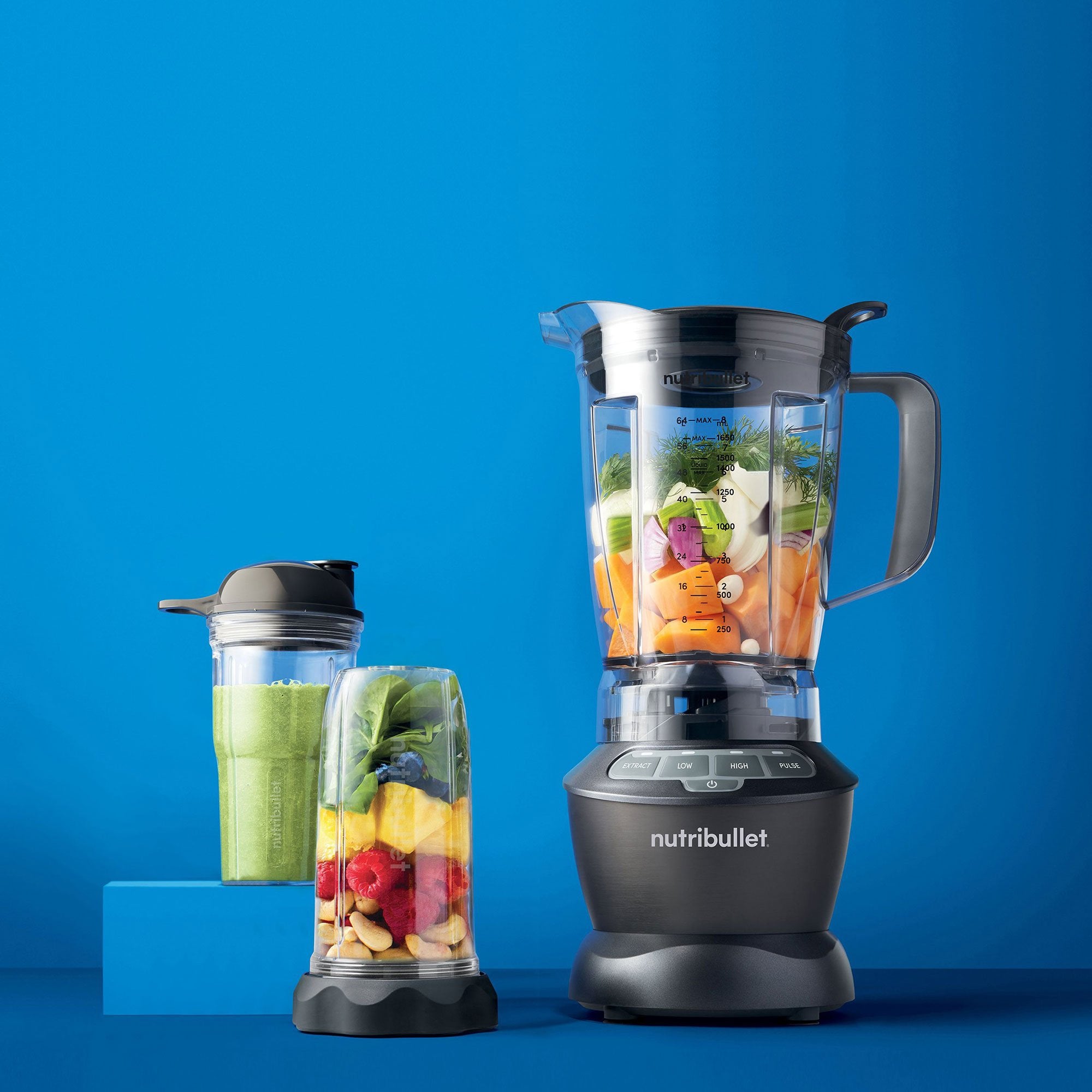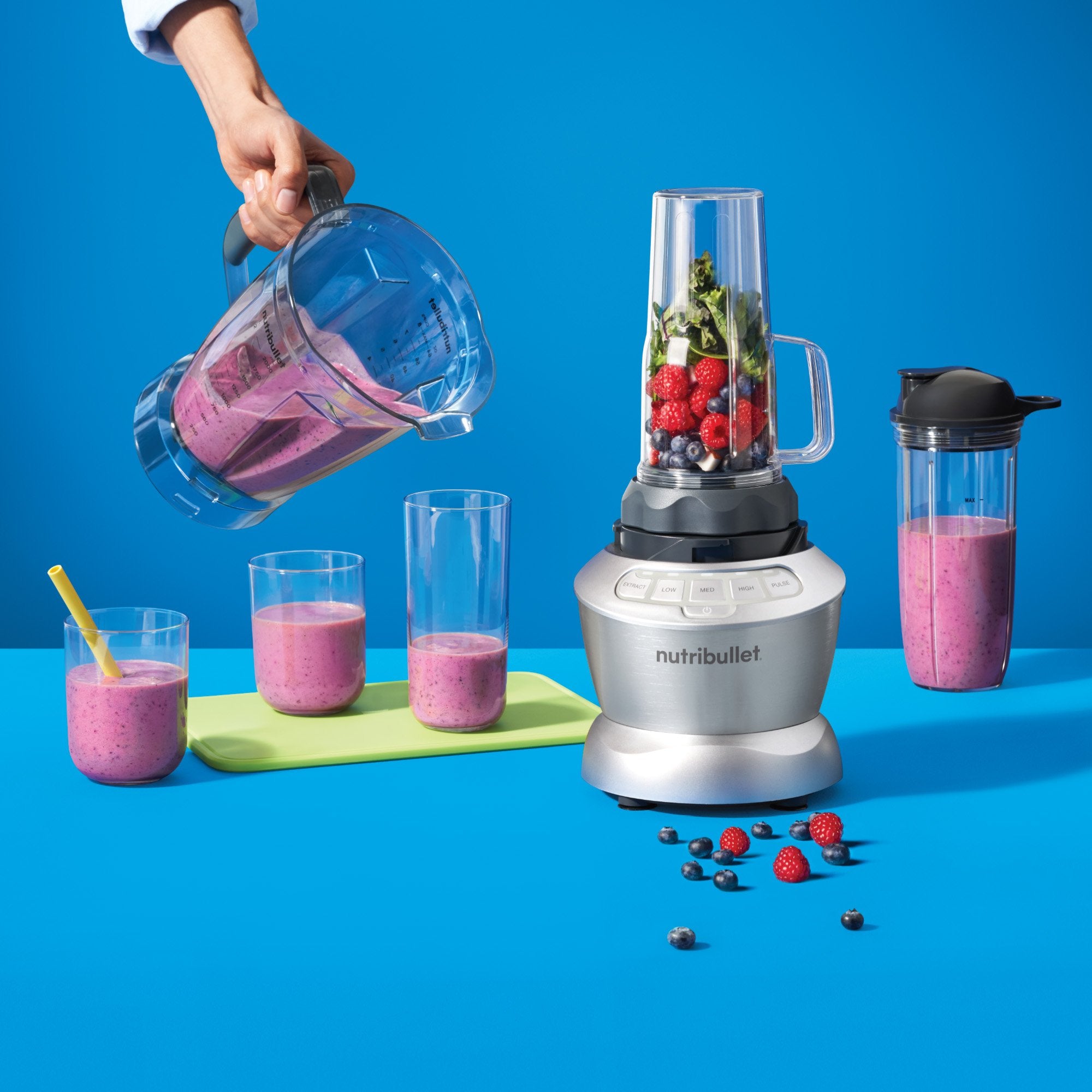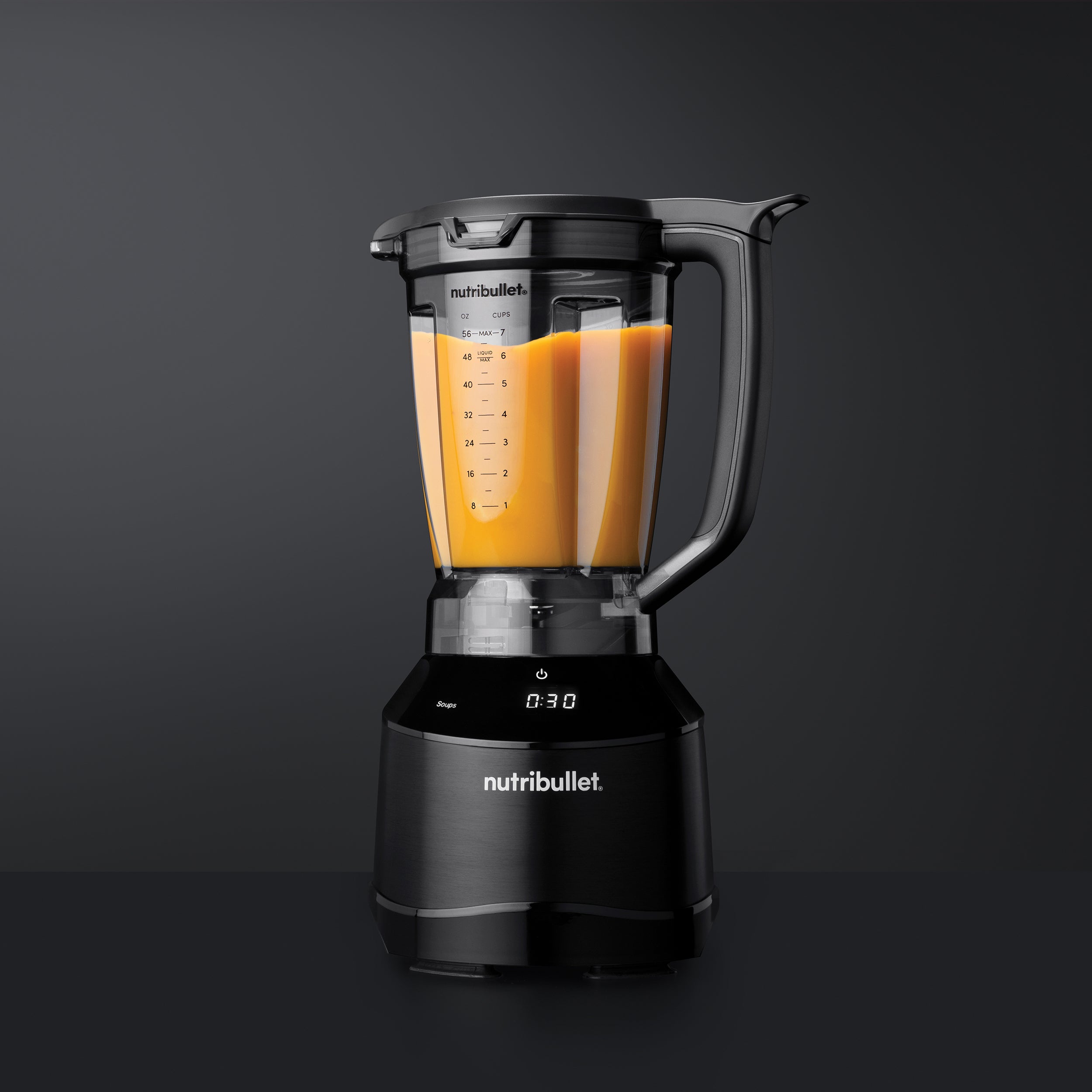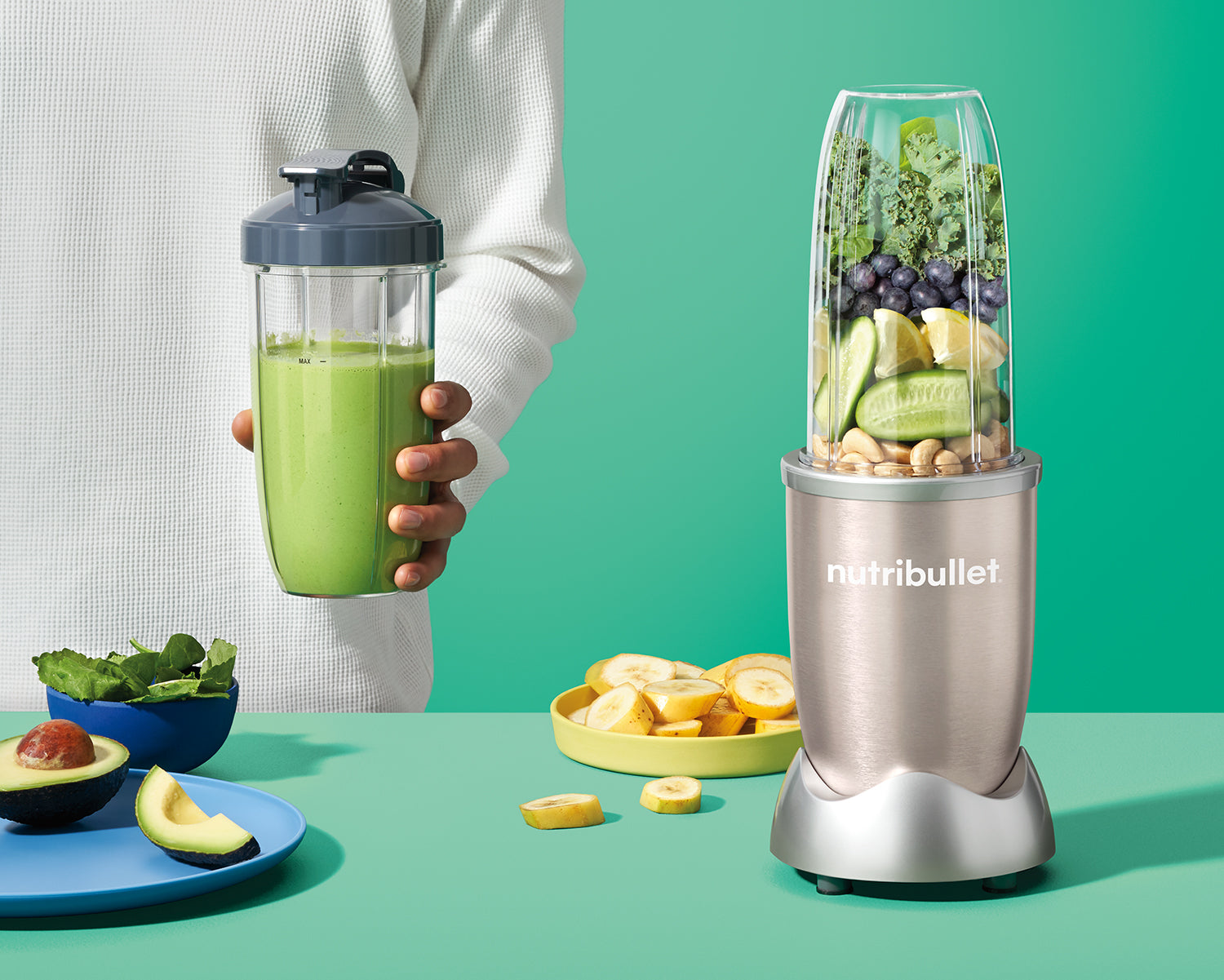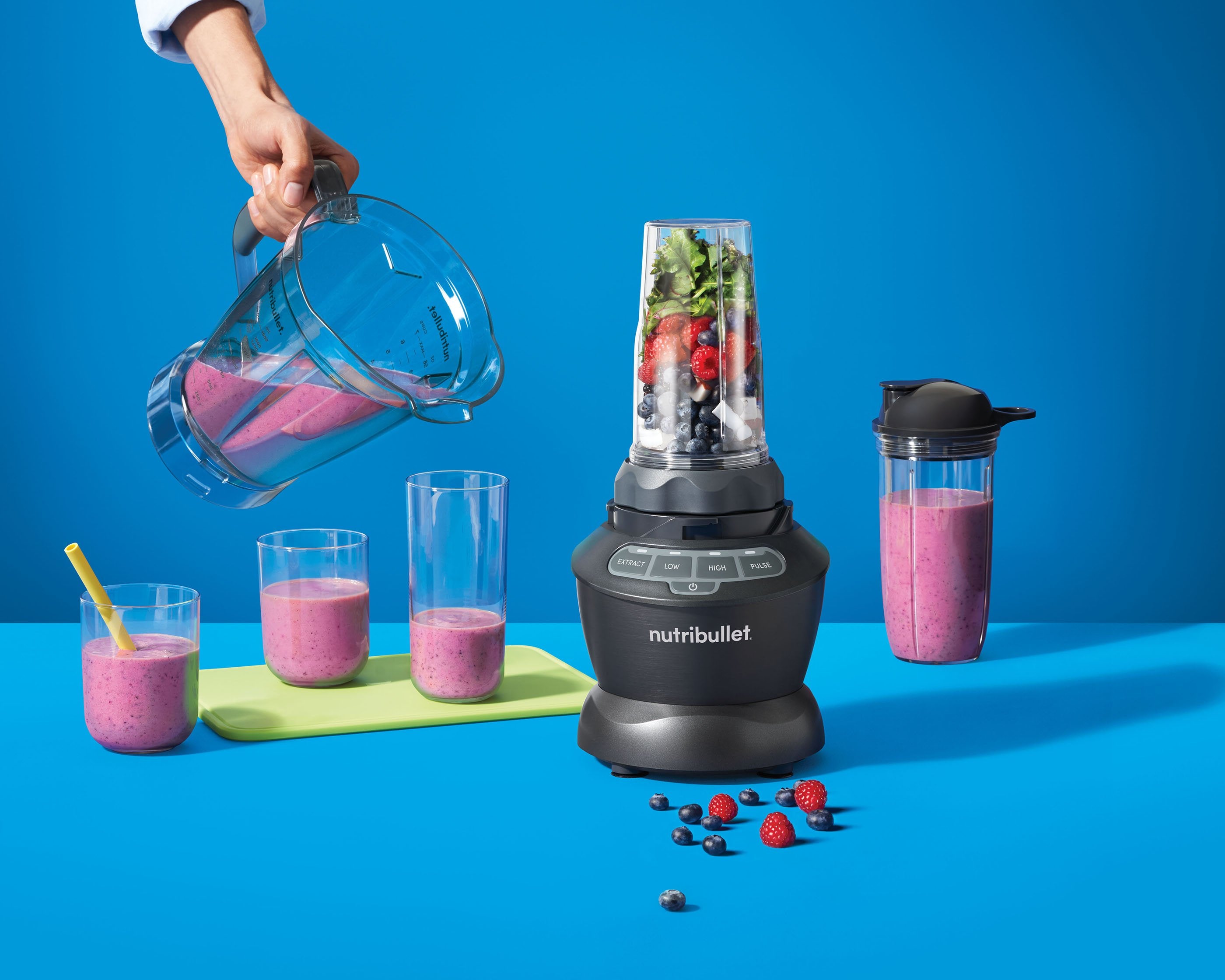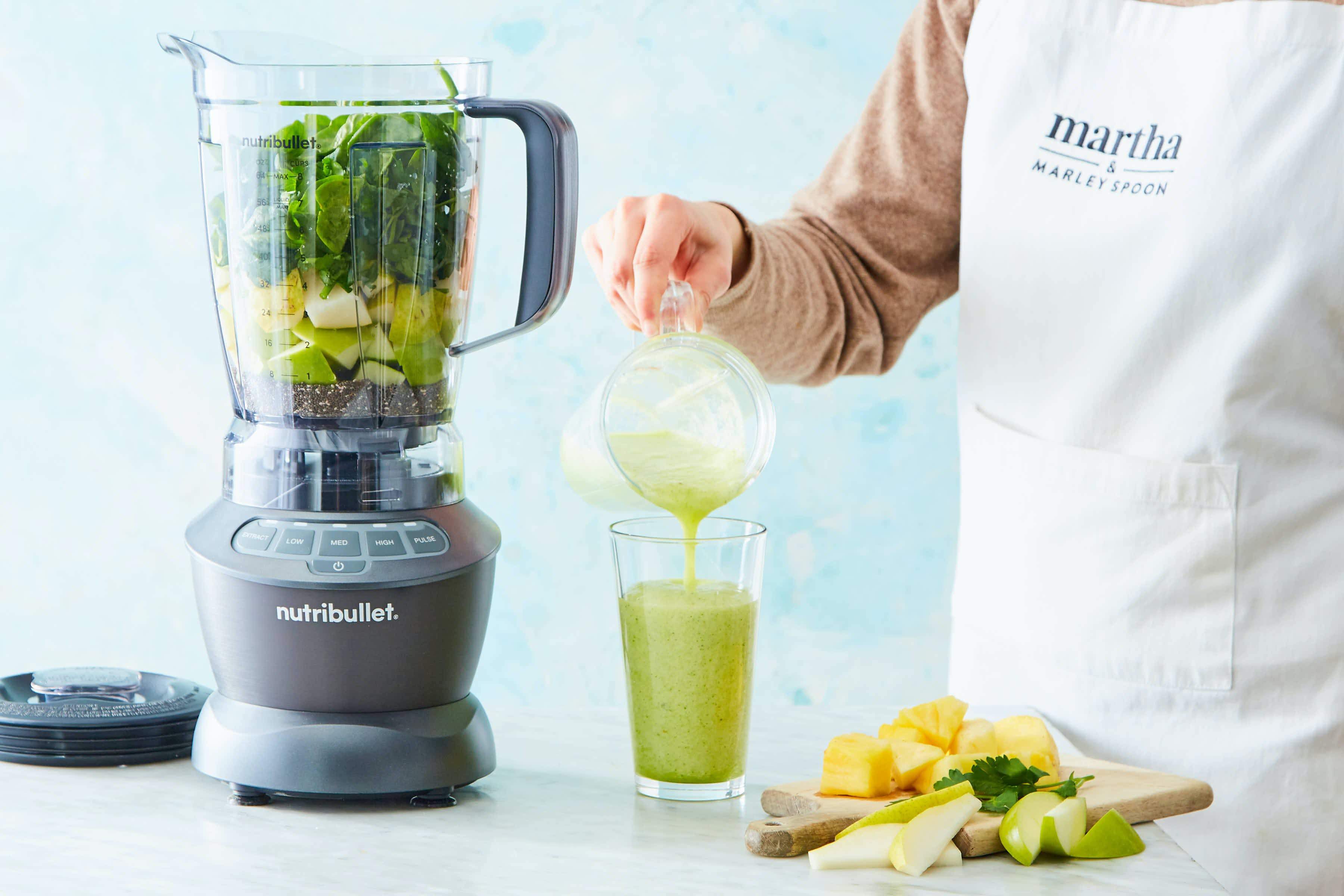Doesn’t it seem like everyone’s obsessed with kale? Well, it’s not called a superfood for nothing! Kale is a powerhouse vegetable, packed with nutrients that can deliver a wide range of health benefits.
Kale is a cruciferous vegetable, a type of cabbage, closely related to brocoli, cauliflower, and collard greens. It hit major notoriety just years ago, with Bon Appétit calling 2012 the Year of Kale and crowning a simple Crispy Kale Salad as Dish of the Year. From hipster t-shirts to homegrown starter kits, kale is just about everywhere, and though it isn't the most nutrient-dense leafy green out there (that claim to fame goes to slighlty less earthy watercress), it is still a nutrient bombshell that deserves a place at your kitchen table.
Kale and Cholesterol
If you have high cholesterol, kale may be able to help. Research shows that kale contains certain nutritional properties that may help lower cholesterol. Steaming kale prior to consumption elevates these properties, so try pouring hot water over the kale and popping it into the microwave to quickly steam it. Add a squeeze of lemon and a dash of salt and pepper for the perfect, heart-healthy side dish.
Kale and Cancer
While research is still ongoing, some studies suggest that regularly eating kale may help reduce the incidence of a variety of cancers, including cancers in the bladder, breast, colon, ovary, and prostate. Kale contains high concentrations of antioxidants known as carotenoids and flavonoids, which have been shown to aid in the prevention of certain cancers.
Kale and Inflammation
Kale has been scientifically proven to reduce chronic inflammation. It’s packed with vitamin K, antioxidants, and other anti-inflammatory nutrients. Kale contains more vitamin K than any other vegetables; one cup provides roughly 550 micrograms of vitamin K. However, if you’re taking blood thinners, especially Coumadin, you are encouraged to keep your daily intake of vitamin K at 80 micrograms to prevent blood clots or excessive bleeding.
Kale is a rich source of vitamins and minerals, which makes it a popular choice in many healthy diets. However, like all good things, it’s best to enjoy kale in moderation, especially if you’re on a vitamin K restriction or if you have thyroid issues.
If you’ve been diagnosed with hypothyroidism, it’s recommended to limit the consumption of raw kale. Kale contains enzymes that form goitrogenic substances, which may interfere with hormone production in the thyroid. Luckily, cooking kale partially destroys these enzymes, allowing you to enjoy these leafy greens in moderation.
Keep in mind that adding raw kale into smoothies or combining it with soy products, which also contain goitrogenic substances, may affect thyroid function or interfere with the absorption of your thyroid medications. Be sure to talk to your doctor or endocrinologist to learn how kale can affect your medications and ensure that you’re maintaining a healthy balance of nutrients.
Moderation is key! Enjoy kale when possible and know that it is one of many leafy greens out there that can help make up a diet that is balanced, delicious, and absolutely health affirming!
Nutritional information
Recipe: Creamy Green Strawberry Dream Serving in this recipe:1
- Calories: 236.6
- Total Fat: 3.6 g 5.5%
- Saturated Fat: 0.4 g 1.9%
- Cholesterol: 0 mg 0%
- Sodium: 358.7 mg 14.9%
- Total Carbs: 45.7 g 15.2%
- Dietary Fiber: 9.9 g 39.4%
- Sugar: 22.1 g
- Protein: 8.1 g 16.2%
- Vitamin A: 481.9% Vitamin C: 244.1%
- Calcium: 68.5% Iron: 26.1%
* Percent Daily Values are based on a 2,000 calorie diet. Your daily values may be higher or lower depending on your calorie needs.

